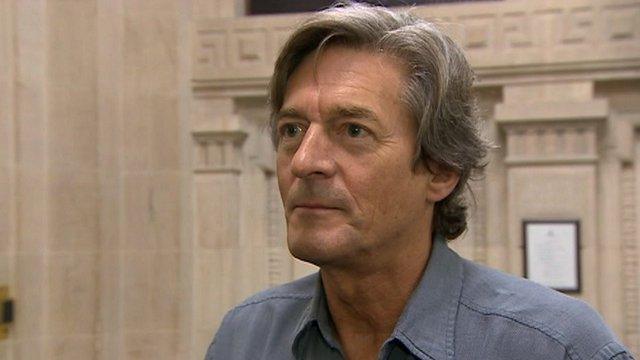Butler-Sloss steps down from child abuse inquiry
- Published
Theresa May: "I think she would have done an excellent job"
Retired judge Baroness Butler-Sloss has stepped down as head of a probe into child sex abuse saying she was "not the right person" for the job.
Lady Butler-Sloss has been under pressure to quit from MPs and victims concerned about her family links.
Her late brother, Sir Michael Havers, was attorney general in the 1980s.
Home Secretary Theresa May said she did not regret appointing the peer, adding that she would "not hang around" in naming her successor.
Lady Butler-Sloss said she "did not sufficiently consider" whether her family links would cause difficulties in the inquiry.
'Right person'
Downing Street said it would "take a few days" to appoint a new chairman and appeared to indicate that whoever was chosen would not be so closely linked to the establishment.
Mrs May told MPs that she believed Lady Butler-Sloss was the "right person for the job" despite what she suggested was a lot of "rumour and innuendo" about her appointment.
"I do not regret the decision I made. I continue to believe that Elizabeth Butler-Sloss would have done an excellent job as chair of this inquiry," she told the Home Affairs select committee.
Asked about her successor, Mrs May said she still favoured appointing a single individual to head the over-arching inquiry rather than a panel of experts urged by Labour and some abuse victims.
She said she hoped to name a new candidate "within a reasonable amount of time" but said whoever was approached would need to "think carefully" about the nature of the role.
Keith Vaz, chairman of the committee, which is also investigating historical child sex abuse, said the handling of the issue had been "somewhat shambolic" and raised issues about Mrs May's judgement.
Tom Watson MP says the decision was the "right thing" to do
In a statement, Lady Butler-Sloss said she had been "honoured" to be asked to chair the inquiry and had hoped to "make a useful contribution".
Important issues
But, she added: "It has become apparent over the last few days, however, that there is a widespread perception, particularly among victim and survivor groups, that I am not the right person to chair the inquiry.
"It has also become clear to me that I did not sufficiently consider whether my background and the fact my brother had been attorney general would cause difficulties.
"This is a victim-orientated inquiry and those who wish to be heard must have confidence that the members of the panel will pay proper regard to their concerns and give appropriate advice to government.
"Having listened to the concerns of victim and survivor groups and the criticisms of MPs and the media, I have come to the conclusion that I should not chair this inquiry and have so informed the Home Secretary."
The inquiry was set up to examine how state institutions handled their duty of care to protect children from paedophiles.

What next? By BBC political correspondent Iain Watson
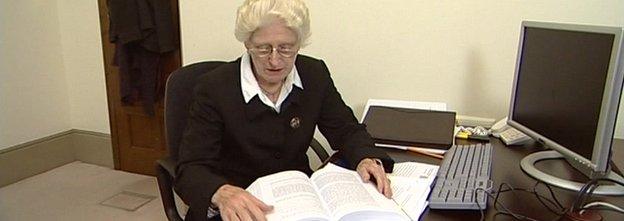
Most public bodies at least claim they appoint people because of what they know, not who they know. But it was Lady Butler-Sloss's family and political connections - not her experience and knowledge - which led to her resignation.
There will be no rush to appoint her successor - it could take several days. That's because while her resignation was unfortunate, a second controversial appointment might look like carelessness at the top of government.
Already there are calls for a figure less linked to the establishment to be appointed - but if a legal background, along with the security clearance to read confidential government papers is required, then that could be easier said than done.

David Cameron's spokesman said Lady Butler-Sloss's decision to quit was "entirely" her own.
"The reasons for her appointment still absolutely stand in terms of her professional expertise and her integrity, which I don't think has been questioned from any quarter whatsoever, and rightly so," he said.
'Question of integrity'
Appearing before the Commons home affairs select committee, Mrs May was asked whether she was aware before appointing Lady Butler-Sloss of claims that her late brother had tried to persuade former Tory MP Geoffrey Dickens against naming an alleged paedophile on the floor of the House of Commons.
Mrs May implied the answer to that question was no, saying that these were issues which had "surfaced in the last few days as far as I am concerned".
She added: "There was absolutely no doubt that Elizabeth Butler-Sloss was Michael Havers' sister. That was well known. A number of issues about Michael Havers had been raised publicly in the past."
She insisted she had conducted "due diligence" on Lady Butler-Sloss before appointing her, including holding a "number of discussions" with relevant people, but said the focus was on her ability to perform the role.
"My judgement was about her integrity to do this job. That is why I appointed her."
'Conflict of interest'
For Labour, shadow home secretary Yvette Cooper said it was the right decision since concerns about "victim confidence or conflict of interest" had not been addressed.
"It is very unfortunate that the last minute nature of the Home Secretary's response means that proper consideration was not given to the perception of conflict of interest and Lady Butler-Sloss was placed in an unfair position by the Home Office," she said.
Author Alex Wheatle, who was abused at a children's home in the late 1960s, said victims must be "100% sure they will be treated fairly".
"For any people coming forward they must have the utmost confidence in whoever chairs that inquiry," he said.
Peter Saunders, from the National Association for Abused People in Childhood, said the government had "missed a trick" in not seeking the views of victims before the appointment.
"We need somebody who is trusted," he said. "This is not a slight on Lady Butler-Sloss... but there were so many things stacked against her in having the trust of survivors."
- Published14 July 2014
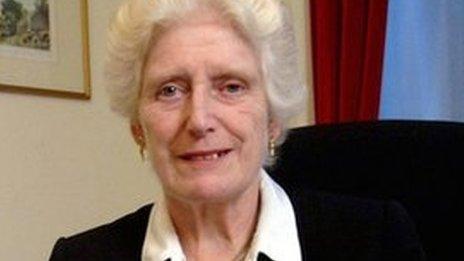
- Published10 July 2014
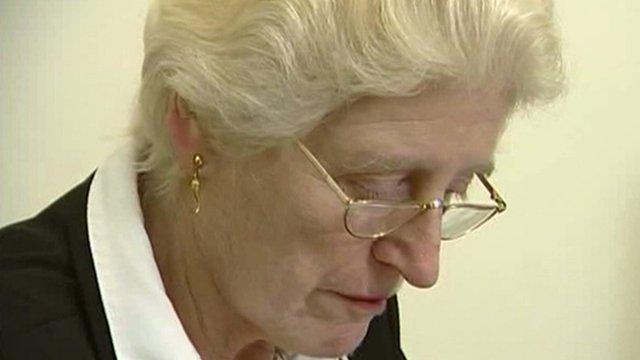
- Published4 February 2015
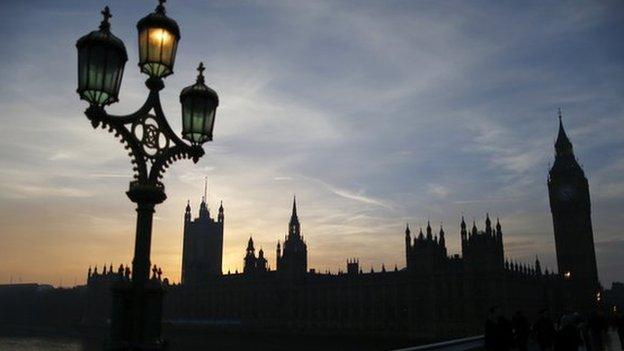
- Published9 July 2014
